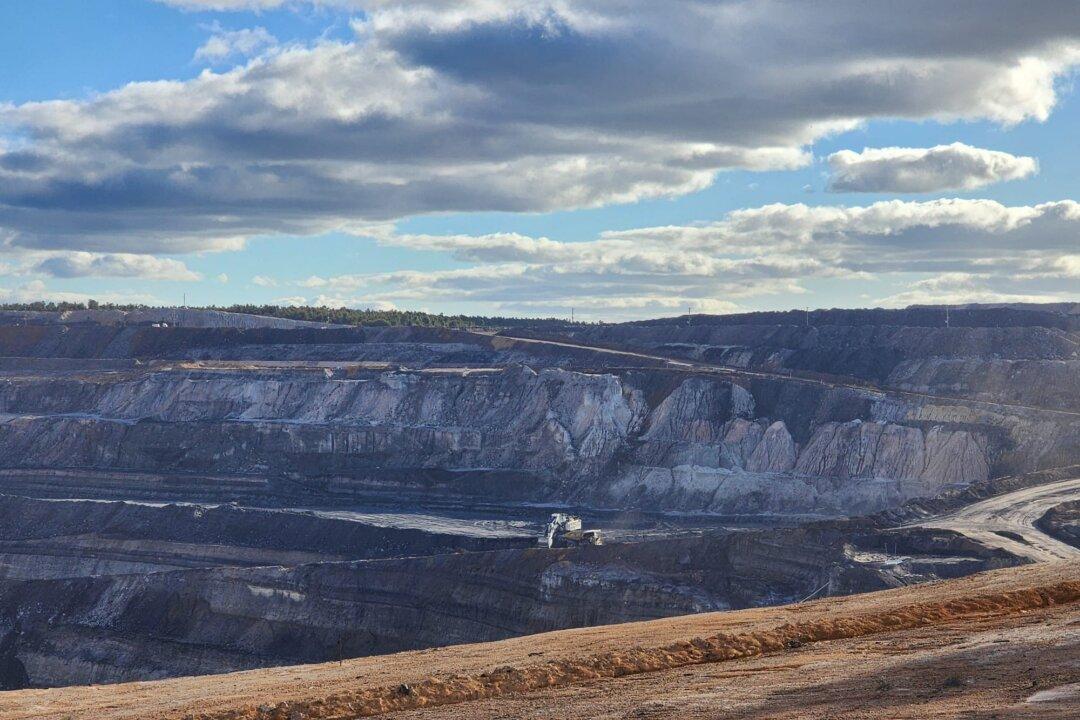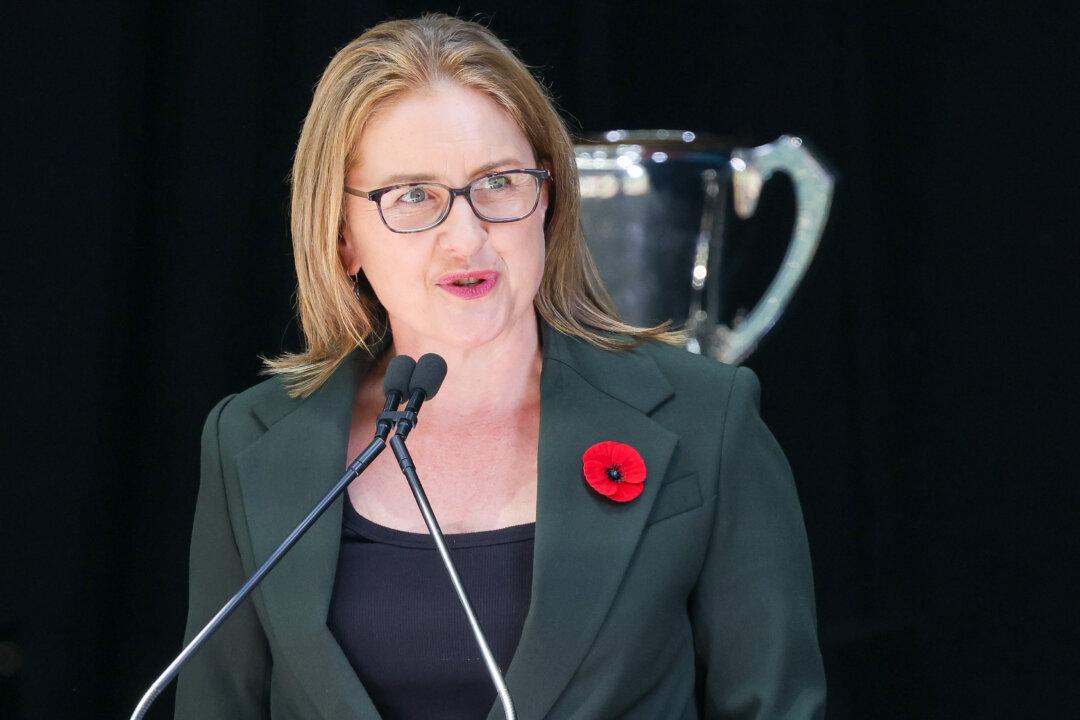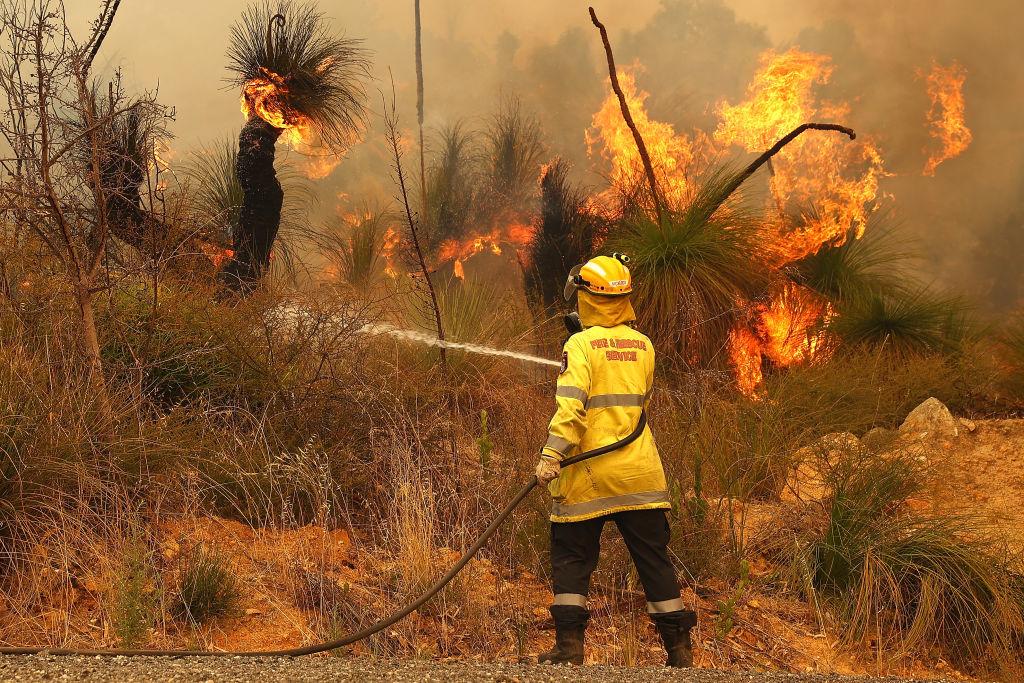Australia’s largest coal producer has criticised the Queensland government for its insufficient industry engagement and negotiation and resource tax policies that it calls ““narrow-minded.”
Queensland has continuously raised taxes and royalties on mining, leading to criticism from those in the industry and foreign investors, including the Japanese government.




